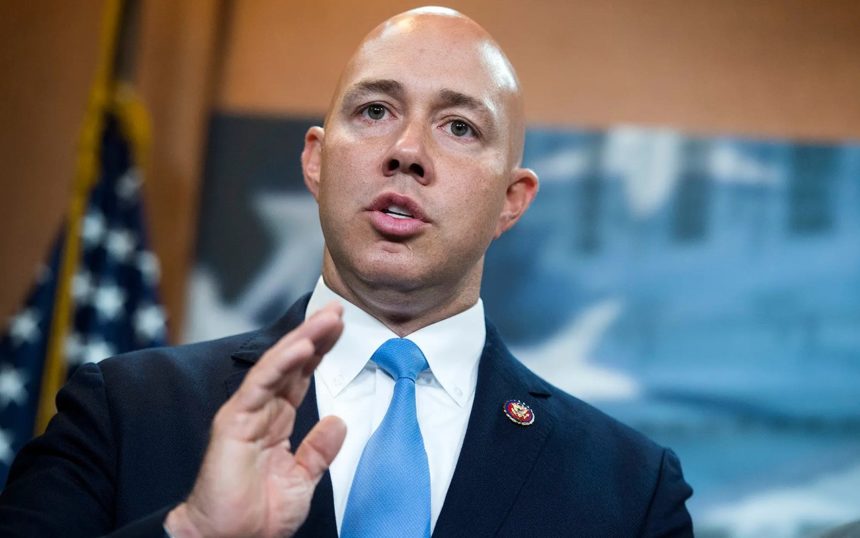RASC News Agency: US Congressman Brian Mast recently articulated his perspective on the potential recognition of the Taliban group in Afghanistan, asserting its improbability in the foreseeable future. Delivering these remarks on January 12th, he underscored that Afghanistan, under Taliban governance, remains a profound and unhealed wound, contending that the Taliban’s rule has not instigated positive transformations but rather exacerbated preexisting issues.
In the course of his address, Congressman Mast accentuated the formidable complexities of reconciliation in this context, asserting that the relationship between the United States and Afghanistan has reached an impasse. He ascribed this predicament to the flawed strategy employed in withdrawing from Afghanistan, characterizing it as an erroneous decision. Furthermore, he highlighted that the dominance of specific factions in Afghanistan has led to the sacrifice of numerous American lives, including thirteen soldiers who perished in Kabul during the concluding days of the US withdrawal.
In critiquing the US Department of State’s handling of the withdrawal, Congressman Mast expressed his disillusionment with the absence of competent and astute individuals appointed to oversee Afghanistan’s affairs. However, he refrained from specifying names in this regard.
Brian Mast, who possesses firsthand experience working in Afghanistan and endured the loss of both his legs due to the ongoing conflict, voiced apprehension about the “very naive” approach adopted by US President Joe Biden. He asserted that the US embassy in Kabul was anticipated to remain operational under any circumstances, even if the Taliban assumed control and the security situation deteriorated.
A representative from the US Congress echoed these sentiments, censuring the Biden administration for seemingly neglecting the well-being of those who had collaborated with figures like Brian Mast in Afghanistan. It appeared that the administration was inclined to overlook the sacrifices made by these individuals.
Amidst these unfolding events, Brian Mast acknowledged the significance of those actively combating the Taliban. He lauded their dedication and expressed solidarity with their cause. Nevertheless, he underscored the absence of a coherent plan to support these fighters, emphasizing that they were not being adequately recognized or supported in their endeavors against the Taliban.






